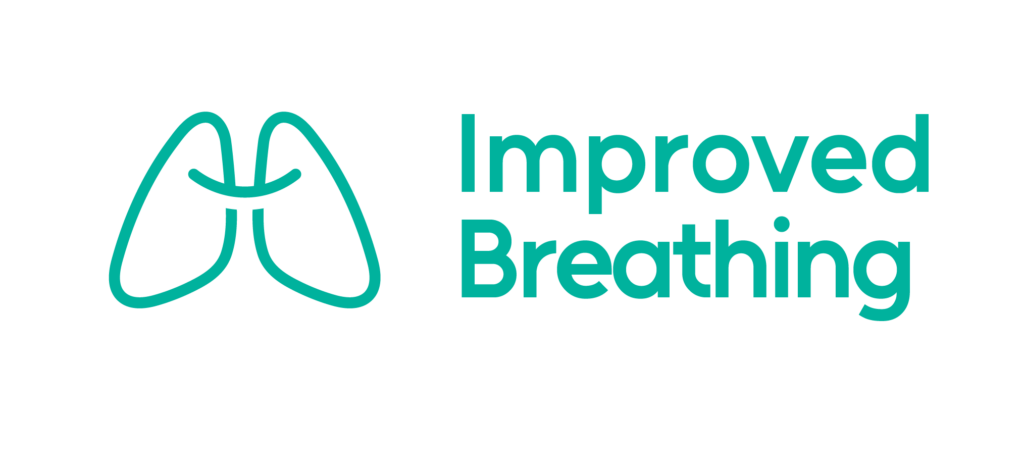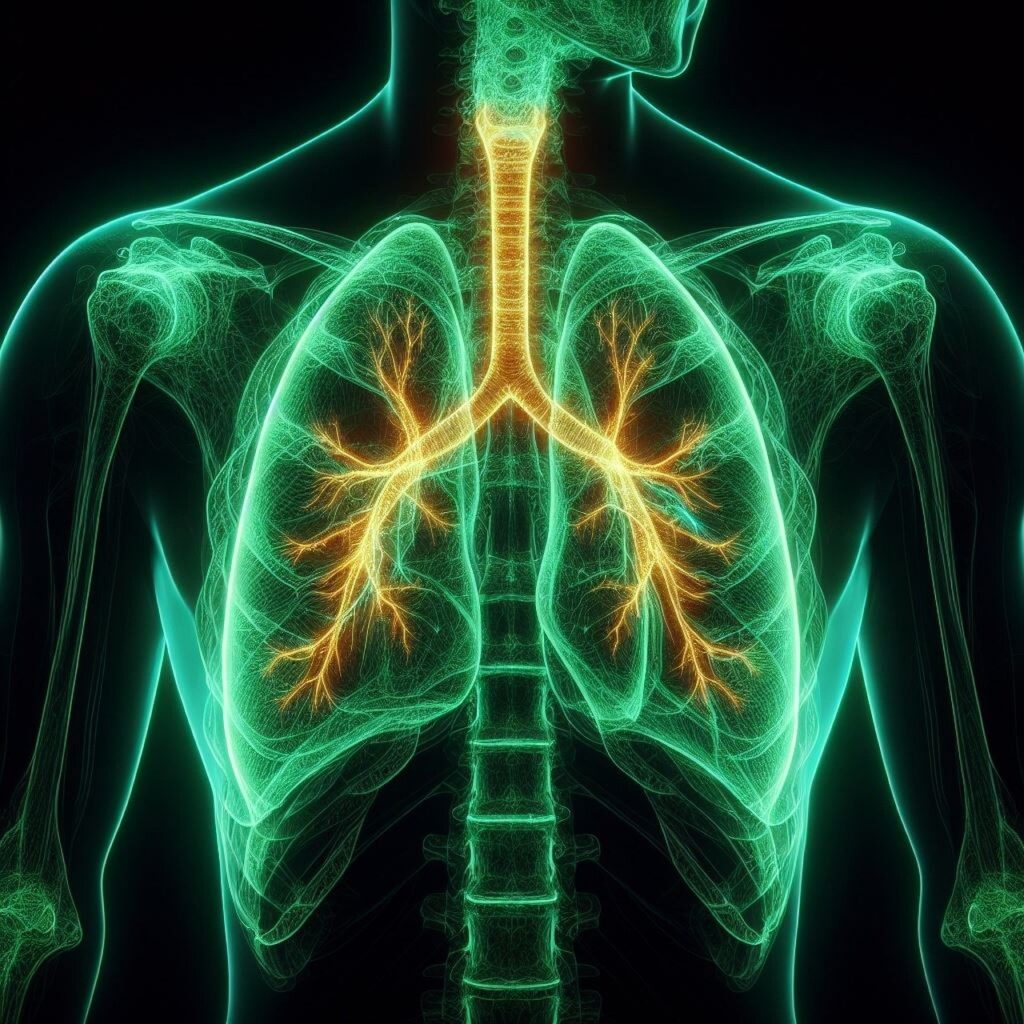Oxygen is essential for life, and our brains are particularly dependent on a steady supply of this vital element. For individuals living with chronic lung conditions like COPD (Chronic Obstructive Pulmonary Disease) and emphysema, understanding the importance of oxygen for brain function and overall health is crucial. In this blog post, we’ll explore why the brain needs oxygen and how maintaining adequate oxygen levels can contribute to better health outcomes.
The Brain’s High Oxygen Demand
The brain is one of the most metabolically active organs in the body, consuming approximately 20% of the body’s total oxygen supply, despite accounting for only 2% of total body weight. This high oxygen demand is due to the brain’s constant need for energy to maintain its complex functions, such as thinking, memory, and controlling vital bodily processes.
How the Brain Uses Oxygen
Oxygen plays a critical role in the brain’s energy production process. Brain cells, or neurons, rely on oxygen to convert glucose into adenosine triphosphate (ATP), the primary energy currency of the cell. Without sufficient oxygen, the brain cannot produce enough ATP to function properly, leading to cell damage and potential long-term consequences.
The Impact of Low Oxygen Levels on Brain Function
When the brain is deprived of oxygen, even for a short period, it can lead to various symptoms and complications. Mild oxygen deprivation can cause headaches, dizziness, and confusion, while severe oxygen deprivation can result in brain damage, loss of consciousness, and even death. For individuals with COPD and emphysema, maintaining adequate oxygen levels is essential to prevent these complications and preserve brain function.
Oxygen and Overall Health
In addition to its importance for brain function, oxygen is crucial for the health of all organs and tissues in the body. Adequate oxygen levels are necessary for proper cell function, tissue repair, and the immune system’s ability to fight infections. For people with chronic lung conditions, maintaining optimal oxygen levels can help improve overall health, reduce the risk of complications, and enhance quality of life.
Strategies for Maintaining Adequate Oxygen Levels
If you have COPD, emphysema, or another chronic lung condition, work closely with your healthcare provider to develop a comprehensive treatment plan that includes strategies for maintaining adequate oxygen levels. This may involve:
- Prescribed oxygen therapy
- Pulmonary rehabilitation
- Medications to manage symptoms and improve lung function
- Lifestyle modifications, such as quitting smoking and engaging in regular physical activity
Final Words
Understanding the brain’s crucial need for oxygen is essential for everyone, but especially for those living with chronic lung conditions like COPD and emphysema. By prioritizing the maintenance of adequate oxygen levels through a comprehensive treatment plan and lifestyle modifications, individuals can support brain function, overall health, and quality of life. Remember to consult with your healthcare provider to develop a personalized approach to managing your lung condition and ensuring your brain receives the oxygen it needs to thrive.














